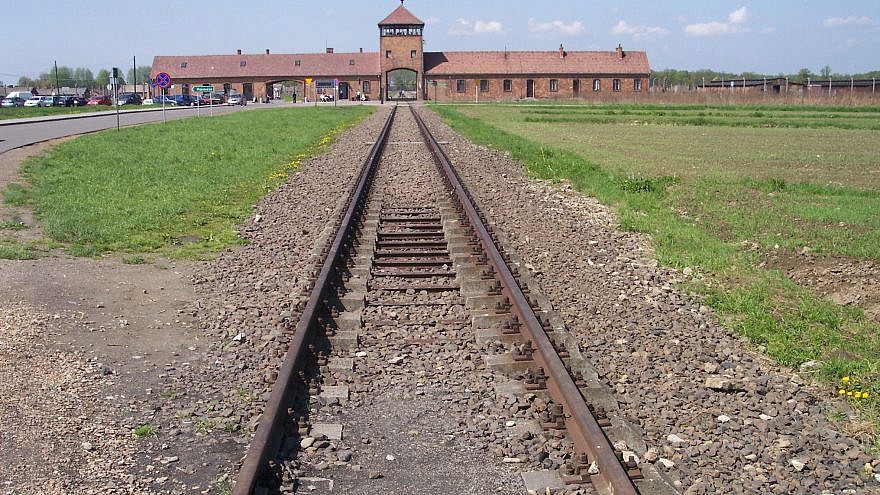Yad Vashem welcomed the renewal on Monday of Israeli youth trips to Poland for Holocaust education, while at the same time stressing the need to maintain “complete historical accuracy” over the European country’s mixed role during the Shoah.
The statement by Yad Vashem—The World Holocaust Remembrance Center in Jerusalem comes on the heels of an agreement between the countries to mend ties and resume such educational trips. It highlights the need to show both Polish complicity and heroism towards the Jews during the German occupation.
“The recent agreement to renew education trips does not appear to dictate or limit their operation in this respect,” it said.
It added, however, that a list of recommended sites the Polish side proposed to add to the youth trips’ itineraries includes “problematic sites that should not be visited in an educational context.
According to the agreement, Warsaw and Jerusalem will present each other with recommended sites to visit in their country, but it will be up to each to decide on the actual trip itineraries, Poland’s acting ambassador to Israel, chargé d’affaires Agata Czaplińska, has said.
Poland’s mixed role in the Holocaust has long been a source of tension between the countries. The debate intensified over the last several years after the governing nationalist coalition in Warsaw sought to depict Poles’ crimes as a marginal phenomenon and focus almost exclusively on the Poles who helped the Jews during the German occupation.
Six million Jews, including three million living in Poland, were killed by the Nazis and their collaborators.
Until the dispute broke out, tens of thousands of Israeli teens routinely traveled to Poland on educational trips each year, touring former German camps to learn about the Shoah and memorialize those murdered. The trip has long been considered a rite of passage in Israeli education and the best way to study the Holocaust.
Ties between the two countries had nosedived after Poland’s government enacted a law that was seen as whitewashing Poles’ role in the Holocaust and then banned claims for restitution of seized property by Holocaust victims and their relatives.
The agreement reached last month has been condemned by opposition leader Yair Lapid. In 2021, Lapid, then-foreign minister, summoned Poland’s ambassador to his ministry over the restitution issue and set relations in a freefall.
In a further sign of the warming of relations, Israeli President Isaac Herzog is expected to visit Warsaw this month for the 80th anniversary of the Warsaw Ghetto Uprising, the armed 1943 revolt by Jews in Nazi-occupied Poland.























